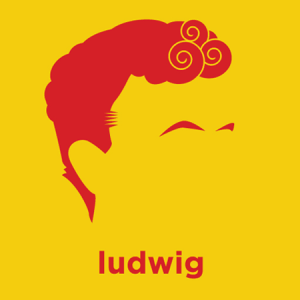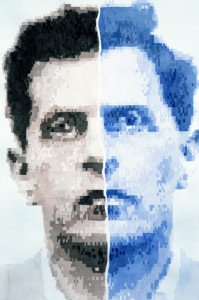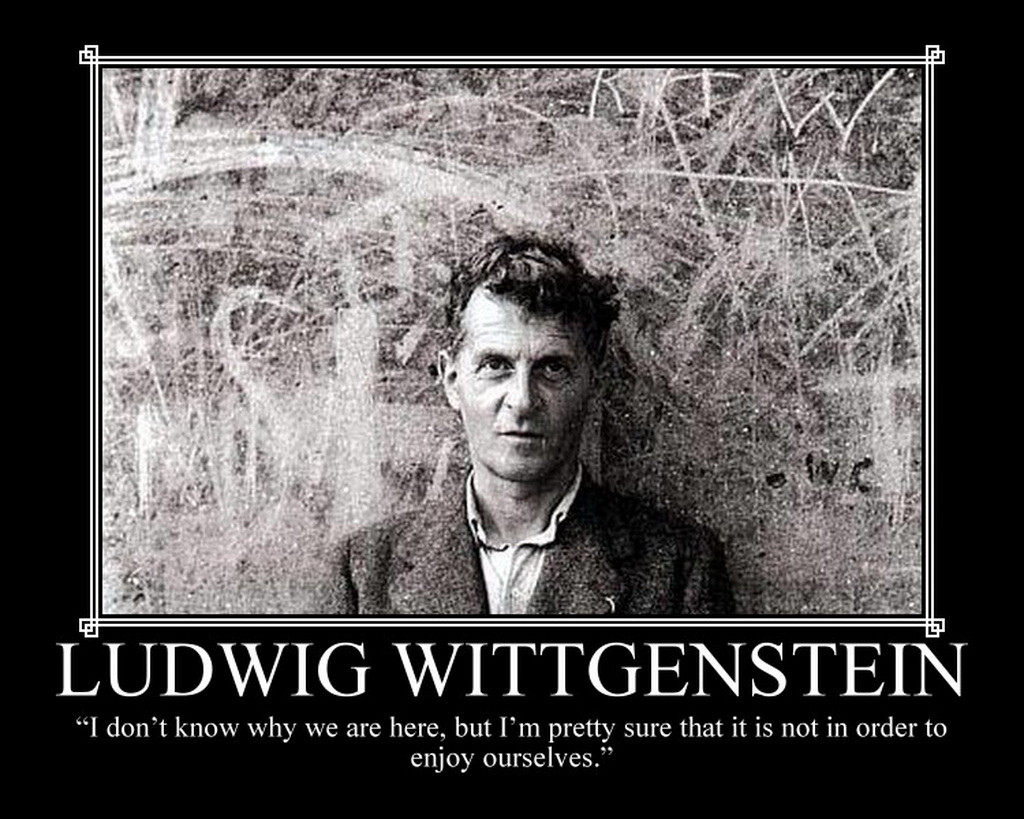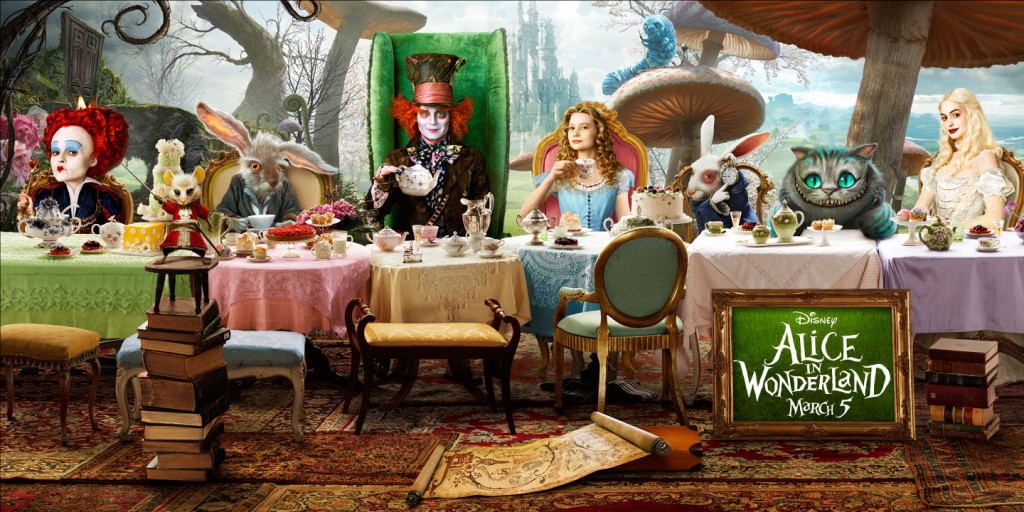 Ludwig Wittgenstein‘s burning ambition was to bring an end to philosophy, and he considered that he had done so – twice. He was brilliant, charming, arrogant, rude, witty, brave, and frequently suicidal. Equally as confusing as his philosophy. in fact he seemed to be two different philosophers, the older one disowning the work of the younger one. However, both of them agree that language gives a picture of the world: “The limits of my language are the limits of my reality”.
Ludwig Wittgenstein‘s burning ambition was to bring an end to philosophy, and he considered that he had done so – twice. He was brilliant, charming, arrogant, rude, witty, brave, and frequently suicidal. Equally as confusing as his philosophy. in fact he seemed to be two different philosophers, the older one disowning the work of the younger one. However, both of them agree that language gives a picture of the world: “The limits of my language are the limits of my reality”.Born in Vienna in the era of Freud, Wittgenstein was the son of the mega-rich steel magnate. He inherited two fortunes and gave them both away. Genius and emotional instability were family traits. Three of his four brothers committed suicide. The other lost a hand in the first World War, but he still made it as a concert pianist. To take Ludwig’s mind off killing himself, his sister asked him to build her a house. His obsession with perfection drove the builders crazy. Persistence was also one of Ludwig’s major characteristics. In the first World War, he shunned a commission and fought as an ordinary soldier, winning medals for bravery.
 Wittgenstein studied to be an engineer. He invented a propeller. He launched into philosophy after studying logic with the English philosopher Bertrand Russell. Russell was his mentor and got him into Cambridge University. the pupil was soon teaching the teacher. Logic was Wittgenstein’s tool. He stayed in a hut in Norway for two years working on logic and living like a hermit.
Wittgenstein studied to be an engineer. He invented a propeller. He launched into philosophy after studying logic with the English philosopher Bertrand Russell. Russell was his mentor and got him into Cambridge University. the pupil was soon teaching the teacher. Logic was Wittgenstein’s tool. He stayed in a hut in Norway for two years working on logic and living like a hermit.His aim was to solve all the traditional philosophical problems. In his first work he claimed to do just that. He said he was a businessman, like his father, and was doing away with the business of philosophy. He also said his philosophy was like a ladder to climb and then discard.He finished writing his major work of philosophy while he was a prisoner of war.
Wittgenstein simply divided what could and could not be spoken about with any meaning. He said that language could only reflect the real world. So it was illogical to speak about God or the other big philosophical questions because they lay outside experience.

As a philosophy lecturer, his eccentricity was legendary. He was very secretive about his work. His rooms were bare apart from a safe, in which he kept his notes. He lectured at Cambridge University reclining in a deckchair — ordering his students to bring their own. After class, he would rush off to the cinema, where he sat in the front row and watched any old film, trying to forget the futility of his profession. He had a passion for watching second-rate cowboy films. Wittgenstein loved Lewis Carroll’s book about Alice, “Alice In Wonderland.” Carroll’s use of words shows how language often adds up to complete nonsense.
